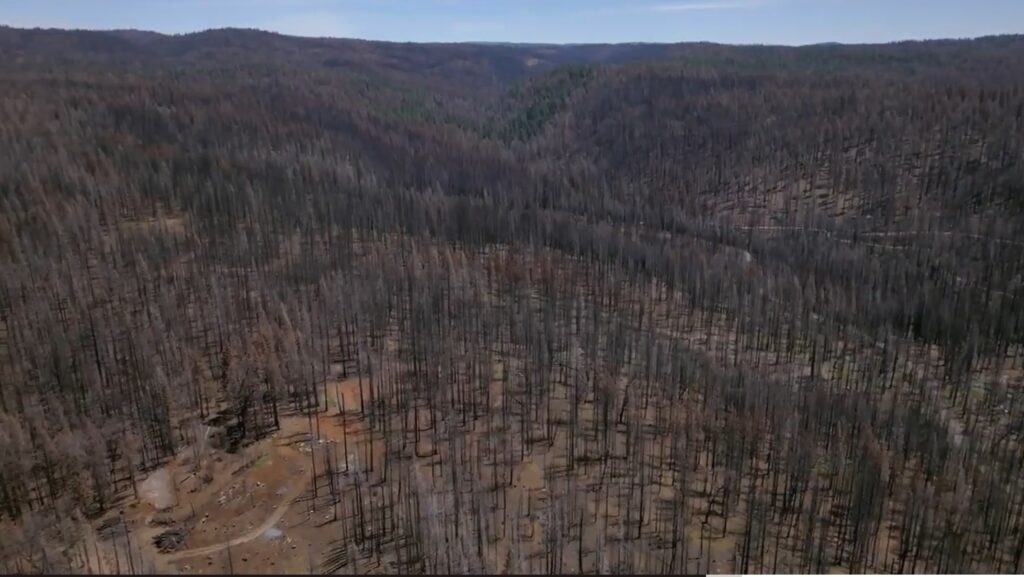This post was originally published on Healthy Forest
 Wildfires are a growing concern across the United States, with increasing intensity and frequency threatening our landscapes, wildlife, and communities. American Forest Fire, a compelling documentary series on EarthX TV, takes an in-depth look at the causes, impacts, and solutions to this critical issue.
Wildfires are a growing concern across the United States, with increasing intensity and frequency threatening our landscapes, wildlife, and communities. American Forest Fire, a compelling documentary series on EarthX TV, takes an in-depth look at the causes, impacts, and solutions to this critical issue.
About the Series
Produced in collaboration with Amos Eno & LandCAN, this series explores the role of landowners, conservationists, and policymakers in preventing and mitigating wildfires. Through expert interviews, real-life case studies, and cutting-edge research, American Forest Fire delivers valuable insights into wildfire management, forest resilience, and land conservation efforts.
Watch the Episodes
We invite you to watch and share this important series. Click the links below to access the episodes:
Watch the Full Series Here in Dropbox
LandCAN
Amos Eno and LandCAN played a key role in the production of these episodes, bringing together thought leaders and conservation experts to discuss sustainable land management strategies and innovative solutions to wildfire threats. For more information on LandCAN’s conservation efforts and resources, visit www.landcan.org.
Help spread awareness about responsible land stewardship and wildfire prevention by sharing this series with your network!
Source: Healthy Forest





0 Comments